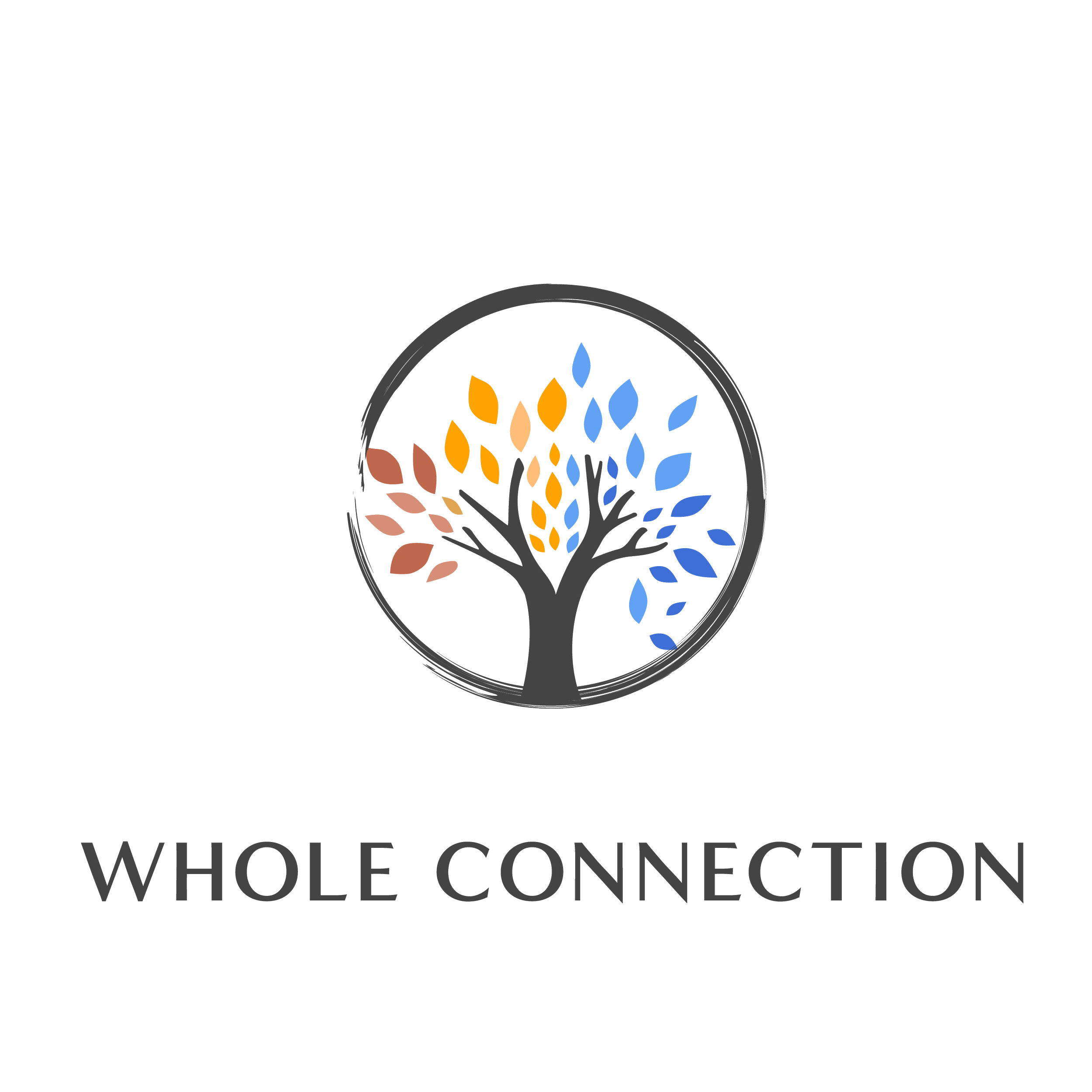COMING SOON!
Are things easily knocking you off balance? Are you feeling overwhelmed and stressed?
With a focus on mental health stabilization, the IOP at Whole Connection can help to put foundational pieces in place so you can live with less daily stress and take the first step in moving forward.
Book a consult call to learn more >
This program offers a multi-focus approach aiming at stabilizing mental health symptoms by offering:
• Support of immediate needs, symptom reduction and functional impairment improvement.
• Coordination care with different providers to provide an integrated treatment plan.
• Social and community skills development.
• Crisis and safety planning leading to relapse prevention and a decrease of institutional utilization.
• Relates and loved ones support group.
Structure & Curriculum:
Groups are offered on Tuesday, Wednesday, and Thursday from 5:30 to 8:30 PM with individual therapy on Monday or Friday.
They will cover a blend of psychoeducation, skill practice, general support spaces, and art processes.
-
Good mental health is a combination of emotional, psychological, and social well-being. Caring for ourselves requires engaging actively in supporting our basic needs, so we become more resilient and better our general mental health.
The specific curriculum will cover:
• Basics of wellbeing (sleep, nutrition, exercise, etc.)
• Work and Financial Security
• Housing and Community
• Access to quality physical and mental health care
-
Trauma shows up as symptoms. Certain thought patterns and physical reactions are normal after experiencing or witnessing both acute stressful or traumatic events as well as other, on-going trauma. This part of the curriculum will cover the most common presentations and have an understanding on the impact on our life and in our identities.
The specific curriculum will cover:
• Understanding traumatic symptoms and their life impact
• Working with compulsions stemming from trauma
• Understanding our life meaning and identity
-
Emotional dysregulation refers to difficulties in managing and responding to emotions in a way that is perceived as socially acceptable and also within a person's comfort level. It might look like symptoms of hyperarousal in our nervous system (like rage, tearfulness, heightened anxiety, racing thoughts, or fast-paced speech) or hypoarousal (numbness, dissociation, spaciness, or disconnection); or it could be a combination of both.
Throughout the program you will learn important ways to work with your emotions and develop mindfulness.
The specific curriculum will cover:
• Understanding our emotions and their origin
• Increasing tolerance to distressful states
• Navigating and regulating intense emotional responses
• Developing resilience capacity
-
Our past history and conditioning shapes how we engage in relationships in our present. Unhealthy dynamics often stem from wounded parts of the self and from traumatic experiences. These dynamics can take a toll on us. Having a better understanding of what we need in relationships helps us through and grow in them.
The specific curriculum will coer:
• Understanding different parts of the self
• Learning active listening skills
• Working with health boundaries
• Communicating needs and wants
The group setting can be especially helpful for delving into overwhelming subjects
Group therapy offers a setting to individuals to explore emotions without a lot of pressure. The setting also offers community support, psychoeducation and the chance to gain insights and learn regulation techniques from other people and facilitator or therapist in the group.
Set goals and support daily progress with our client portal!
This program includes a client portal as a motivational piece of the program. Collaborate with your therapist to create daily and weekly health and mental health goals. Stay connected to the program even when you’re not at Whole Connection.
FAQs
-
We offer an intake assessment to determine need and level of care, groups three times a week. Weekly therapy will be part of the program (on Monday or Fridays) and case and medication management are as needed on those days.
For families of participants in the program there is also a weekly Family Support Group on Monday night to assist in the home and emotional support settings.
-
Fill out our form or call us now (720-442-0946) and we will talk about next steps with you. We will have an initial meeting where we go over the program and gather information about you and if you are using insurance we will begin the pre-authorization process.
-
We accept Medicaid (CCHA and Colorado Access) with more insurances coming soon.
-
Many participants after completion of the Adult Mental Health Stabilization Program IOP, may choose to continue in the Trauma Recovery and Care Program (TRAC) or other regular outpatient services (group, individual, or medication support).
Are you interested in joining or want to learn more?
Give us a call at (720) 442-0946 or fill out the form below.





